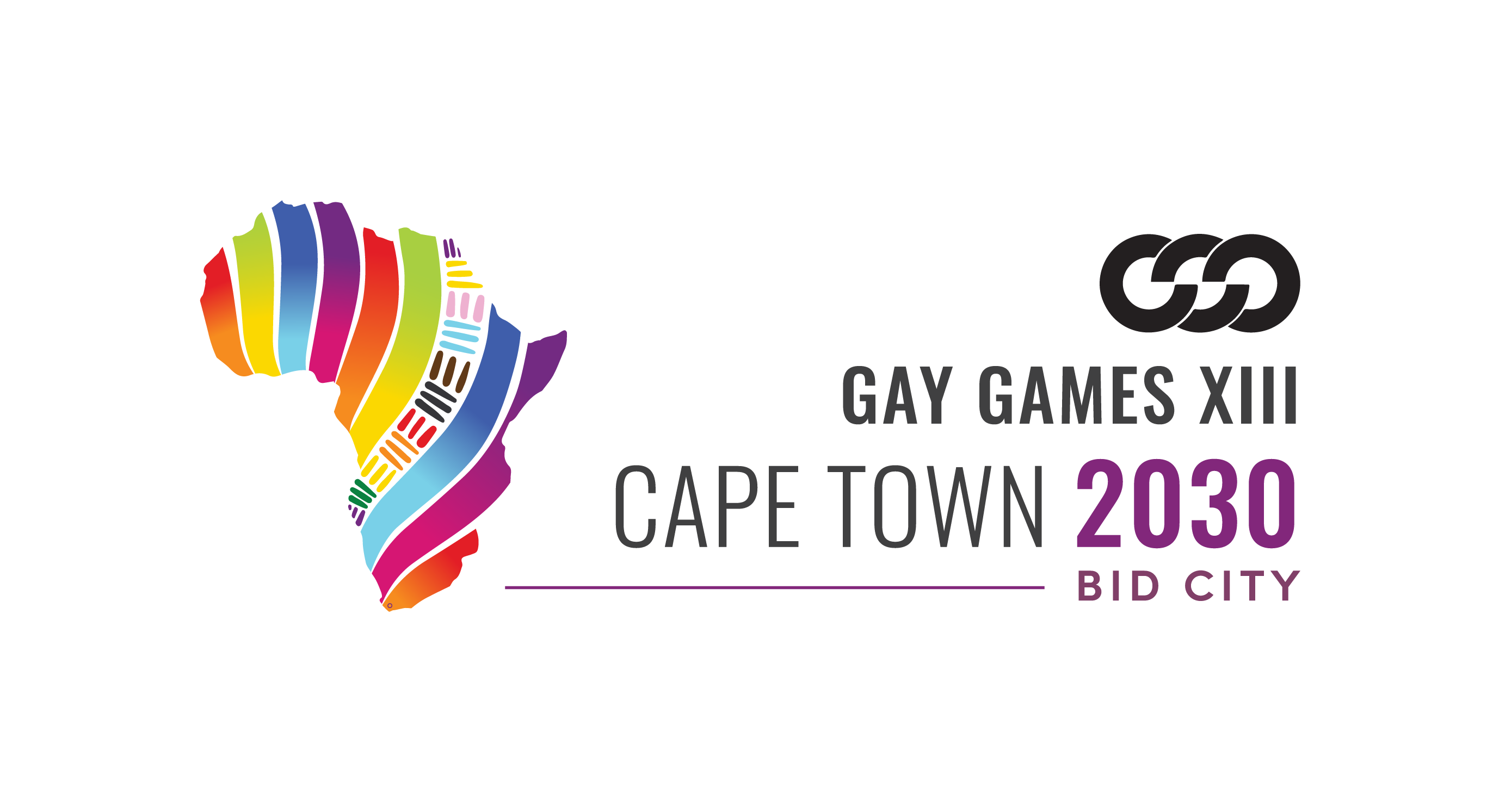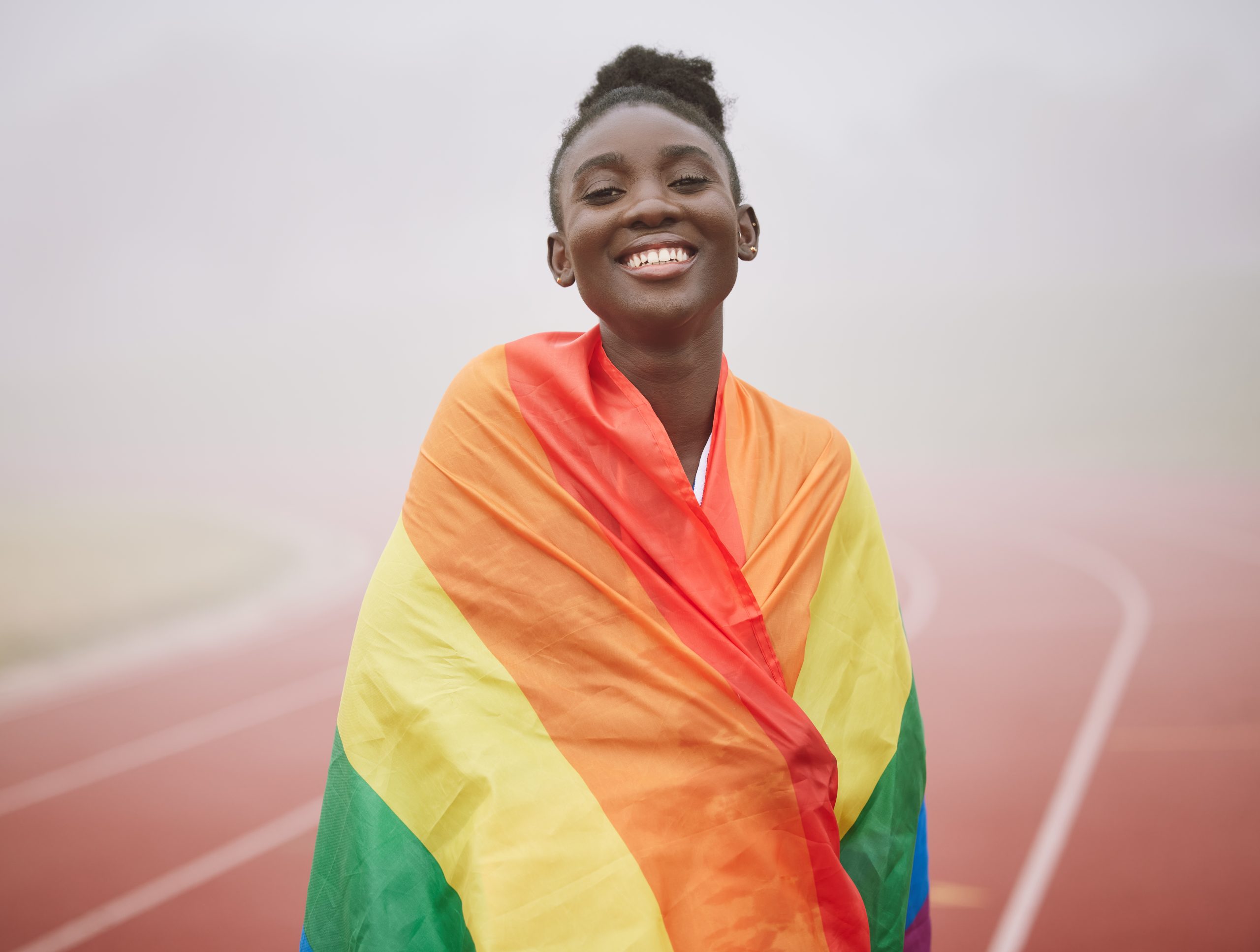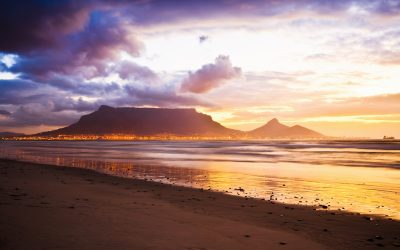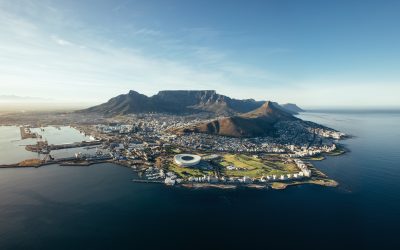The Gay Games Cape Town 2030 Bid Team’s proposed sport and culture programme is poised to attract a wide range of participants while showcasing the Mother City’s natural beauty and iconic event spaces, and showing the world why Cape Town has earned the status of the world’s sports and events capital.
Cape Town is currently one of the top seven cities in contention to host the Gay Games in 2030. Melbourne, Perth, Auckland, Denver, Edmonton and Taipei make up the remaining list of potential hosts for the 2030 event.
The quadrennial event has been staged in cities across the globe since 1982, and celebrates diversity, inclusion and personal best within the global LGBTQIA+ community. The Games hosts well over 10,000 LGBTQIA+ athletes and allies – from novice to elite level – over the course of 10 days. Athletes across the sexual orientation and gender identity spectrum are welcome to participate, making it one of the most inclusive mass-participation sporting events in the world.
In a nod to a sports-mad city in a sports-mad country, the Bid Team has curated a diverse and world-class sporting programme that will appeal to recreational and serious athletes alike.
This festival of unity and diversity in sport will include over 30 sporting codes, from the more mainstream road and trail running, cycling events, swim events and triathlon, to popular activities like rugby, tennis, golf, padel and netball, and the more niche-interest roller derby, dragon boat racing, sports climbing and ten pin bowling.
These events will be hosted at a variety of world-class venues across the city – including the Cape Town International Convention Centre, University of Cape Town, V&A Waterfront, Green Point Athletics Stadium, and Grand West.
Meanwhile, the Cape Town Gay Games 2030 Cultural Programme aims to be a reflection of Cape Town, South Africa and Africa’s identity while honouring the proud traditions of the Gay Games.
The lineup includes the Amakwaya (meaning “choirs” in Zulu) Choral Gala Performance at the Cape Town City Hall and the Pride Proms & Band Extravaganza in collaboration with the Cape Town Symphony Orchestra, as well as various urban and visual art showcases at some of Cape Town’s most recognisable and iconic venues.
The International Rainbow Memorial Run, followed by the AIDS Memorial Quilt Ceremony, will add to the emotional weight of the Gay Games, and participants will have the opportunity to commemorate those who have passed away from HIV/AIDS.
“It is our hope that 2030 Cape Town Gay Games participants will feel enriched and empowered by our multifaceted Programme, and leave the Mother City memories that will last a lifetime,” says Ian McMahon, who is supporting the Bid Team in their mission to bring the Gay Games to Africa.
Cape Town’s bid delegation will present the city’s plans for the event in Washington DC later in October.
The shortlisted cities are expected to be announced in December, and the announcement of the 2030 host city will be made late 2025.
For more information, visit www.capetown2030.com.
[ENDS]
Note to Editors: About the Gay Games
The Gay Games is the world’s largest LGBTQIA+ sports and culture event, hosted once every four years in a different location around the world.
It was launched in San Francisco in the USA in 1982 as the brainchild of Olympic decathlete (Mexico City 1968) and medical doctor Tom Waddell, who wanted to promote the spirit of inclusion and participation, as well as to promote the pursuit of personal growth in a sporting event. Waddell wanted to recreate the Olympics’ power to bring people of various different backgrounds together through the international language of sport.
The event has similarities with the Olympic Games, including the Gay Games flame which is lit at the opening ceremony. The Games are open to all who wish to participate, regardless of sexual orientation or gender identity, and without the need to qualify.
The event welcomes over 10,000 participants from across the globe, including from countries where being a member of the LGBTQIA+ community is still illegal.
The 1994 Gay Games, held in June in New York City to coincide with the 25th anniversary of the Stonewall Riots, the modern start of the LGBT movement in the United States, “overtook the Olympic Games in size” with 10,864 athletes compared to 9,356 at the 1992 Barcelona Olympics and 10,318 at the 1996 Atlanta Olympics.
The Gay Games is governed by the Federation of Gay Games (FGG), which was founded in 1982 by Tom Waddell in response to the prejudice towards LGBTQIA+ athletes and their inability to openly participate in sporting events.
The 2023 Gay Games – which was postponed amid the COVID pandemic – was jointly hosted by Hong Kong and Guadalajara. The next Gay Games XII will take place in Valencia in 2026.
ISSUED ON BEHALF OF: Gay Games Cape Town 2030 Bid Committee
CONTACT: Leonie Mollentze
+27 82 550 1514



